
beauty sleep
We can’t say much about the science behind sleep making you beautiful, but we do know the term dates to at least 1828. Beauty sleep, occasionally known as beauty rest, is “sleep before midnight” suggesting that the earlier you go to bed, the more beautiful you will be.
“Beauty sleep is very much a real thing,” says family nurse practitioner, aesthetic injector, and founder of Aion Aesthetics, Akis Ntonos. “Many of the restorative capabilities our skin has are achieved during our night sleep, since cells regenerate quicker at nighttime.”
—Kiana Murde, Vogue (online), 9 March 2023Pop five drops into your electric diffuser and relax as the aromas gently fill your bedroom, lulling you into that precious beauty sleep.
—Saskia Kemsley, standard.co.uk, 15 June 2023
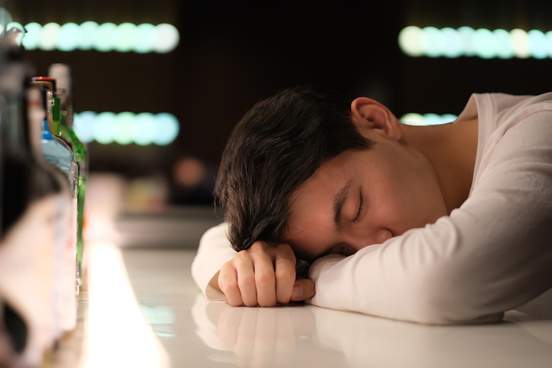
kip
This short word for “sleep” or “nap” is found chiefly in British sources and is often used in the phrase “going to kip.” The word comes from a Dutch term that originally referred to a cheap tavern. Eventually it was used to refer to a bed, and then to sleep itself.
Asked if there are any actionable steps those who struggle to get good kip can do, Professor Walker, a Liverpool-born University of California professor, said there were five standard tips that he called 'sleep hygiene'.
— Robbie Purves and Stephen Pitts, Express Online, 28 June 2023
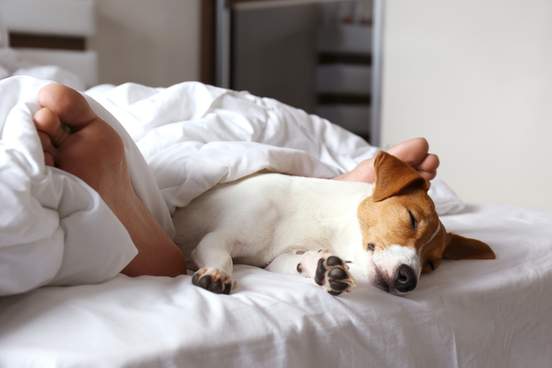
slugabed
A couch potato is someone who spends a great deal of time watching tv (presumably on a couch). So then what do you call someone who stays in bed after the usual or proper time to get up: Why, a slugabed, of course. Slugabed apparently comes from the same word as the slimy gastropod, a Norwegian dialect word meaning “heavy slow person.”
Cocker's slightly aloof, slightly self-deprecating tone is perfect for the tales of a self-confessed slugabed, not least when he reluctantly takes a Saturday job scrubbing crabs at an indoor market fishmongers, before an unfortunate incident involving rancid seafood which led to him never eating crab again.
— John Aizlewood, Independent, 20 May 2022

slumberland
Slumberland, dreamland, land of Nod—what do these places have in common? None of them are real places. We define slumberland as “an unreal country that is a realm of sleep” and dreamland as “an unreal delightful country existing only in imagination or in dreams.” The related placename land of Nod is simply used to mean “the state of sleep.”
Sleeping pills, alcohol, Benadryl, or even melatonin can all help you drift off to slumberland on occasion, but any sleep aid used routinely can turn into dependency, making the user feel it is impossible to fall asleep without some sort of outside help.
— Allen Foster, Chicago Tribune (online), 24 March 2020I'm pretty sure that once those things are taken care of, the rest of you will easily follow suit and drift off into dreamland, too.
— Christina Enrico, BuzzFeed, 8 June 2023Gosleep says it knows the optimal setup for getting you off to the land of nod as it uses sound-tracking to monitor your total sleep time, number of snores, deep sleep, sleep diet (when you wake up in the morning and how much REM, light, or deep sleep you get), and sleep improvement (how your snooze time progresses while using the product).
—Adam Speight, wired.com, 3 March 2022
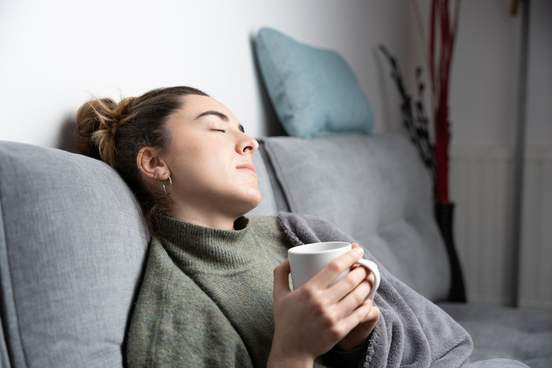
consopite
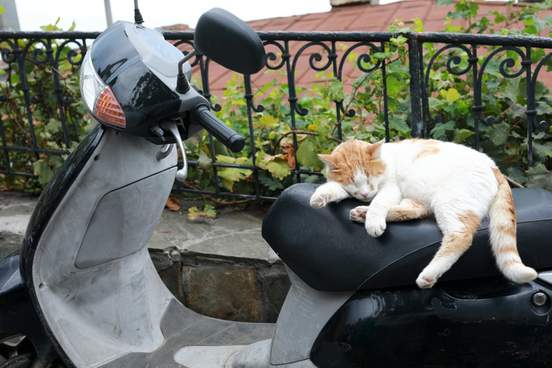
doss
This chiefly British term is usually used in the phrase “doss down” to mean “to sleep or bed down in a convenient place.” It can also be used to mean “a crude or makeshift bed.” The word may come from Latin dorsum meaning “back,” the same Latin word that gives us dorsal (“situated on the back” as in “a dorsal fin”).
I … had League Cup final goalkeeper Mike Mahoney doss down on my hotel floor before the 1994 World Cup showpiece at the Rose Bowl in Los Angeles….
—John Gibson, Evening Chronicle (Newcastle, UK), 14 June 2023...away from the research base, the Land-Rover was home. During the long nights, we took it in turns to doss down in the back, cocooned from the bumpy ride and cold...
—John Hew Fanshawe, Natural History, March 1989

hypersomnolence
Hypersomnolence, formed by Latin influence of hyper- and somnus (meaning “sleep;” think insomnia), is often used in medical contexts to describe prolonged nighttime sleep or excessive sleepiness. The more common medical term is hypersomnia which we define as “a disorder of sleep that is characterized by prolonged nocturnal sleep periods which typically occur at least three times a week, by sleep that is not restorative or refreshing, and by the presence of excessive daytime sleepiness.” Not as fun as sleeping in on Saturday!
Treatment with CPAP improves quality of life, vigilance, and cognitive function in persons who report hypersomnolence; ...
—Kingman P. Strohl, ACP Medicine, September 2006

hypnology
If you have an interest is studying sleep, you might want to become a hypnologist. Hypnology is the scientific study of sleep and hypnotic phenomena. The word comes from Greek hypnos meaning “sleep” and logos meaning “word.”
The Reuters news service reported that the university, one of Sweden's oldest, is planning to appoint Scandinavia's first professor of parapsychology, hypnology, and clairvoyance.
—World Magazine, 20 September 2003
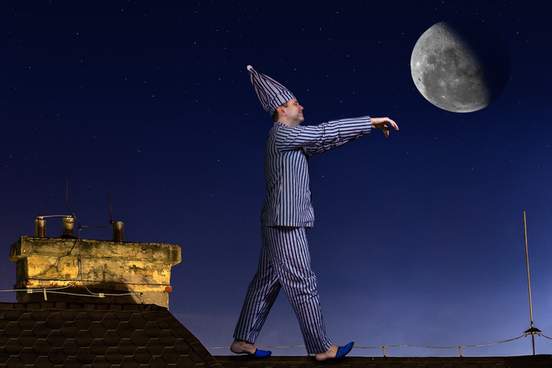
somnambulist
A somnambulist is someone who moves around in their sleep, and especially someone who walks in their sleep. The “somn-“ part of the word comes from Latin somnus meaning “sleep.” The second part, -ambulist, is from Latin ambulāre meaning "to go by foot, walk for pleasure or health, travel." This is the same Latin word that gives us ambulance and preamble. Another word for this type of person is noctambulist, a person who walks while asleep.
Ever since I wrapped my review of the Pixel Fold my mind continuously leads me down the same path. I’m like a tech somnambulist, sleepwalking to the refrigerator of mobile ideas, searching the cool shelves for the Apple iPhone Fold that will not be.
— Lance Ulanoff, Tech Radar (UK), 30 June 30 2023
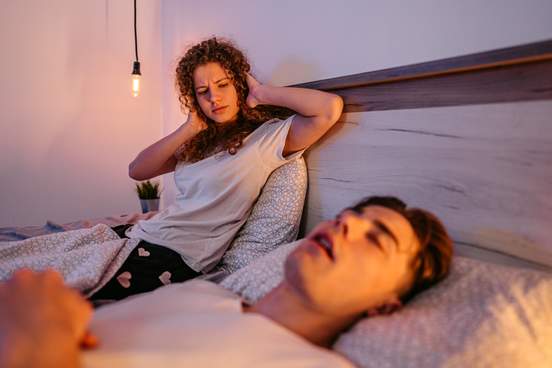
somniloquist
If you stay in your bed at night (i.e., you’re not a somnambulist) but you don’t do it quietly, you might be a somniloquist. A somniloquist is a person who talks in their sleep. The “somni” means “sleep” and the “-loqu-” part of the word is the same as in ventriloquist and eloquent and comes from the Latin word loquī meaning "to speak".
Are you a somniloquist? You may be one without realizing it - just ask your significant other if you're not sure. He or she should be able to tell you if you have a habit of talking in your sleep.
— Samantha Weaver, The Newberry Observer (South Carolina), 10 August 2009

wink
Wink, meaning “a brief period of sleep” is commonly used in phrases such as “I haven’t slept a wink” and “get in a few winks,” and especially “forty winks” as in The Cowardly Lion’s line in this conversation from the 1939 movie The Wizard of Oz, when Dorothy and her companions enter the field of poppies (poppies have a soporific effect):
Dorothy : Oh no no, please, I have to rest for just a minute. Toto, where's Toto?
[she falls down, asleep]
The Scarecrow : Oh you can't rest now, we're nearly there!
[Tin Man starts crying]
The Scarecrow : Don't cry! You'll rust yourself again!
The Cowardly Lion : Coming to think of it, forty winks wouldn't be bad...
[he sags]
The Scarecrow : [trying to hold him up] Don't you start too!





